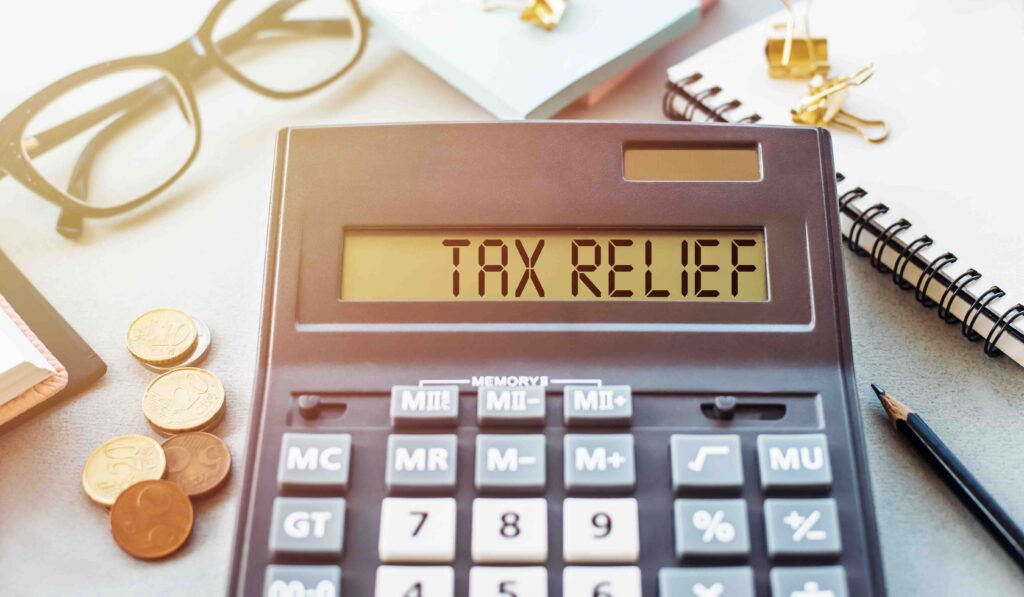The UK political scene 2023
Some of you will know that the UK currently has a Conservative Government in place led by Rishi Sunak. That government is under threat of being unseated the Labour Opposition party. The next General Election is scheduled for 2024 and the polls suggest that Labour can win under their current leader Keir Starmer….OK, that’s the important political backdrop.
The Labour party, if they gain power, will plan to scrap the whole non-domicile tax relief structure.
The UK has set of tax reliefs in place, explained below, which are targeted at expatriates who reside in the UK. So, what is it?
The Guardian writes “ What is non-domicile status?
A person who is registered as non-domiciled with HM Revenue and Customs is tax resident in the UK but does not have to pay UK tax on income and capital gains earned overseas – including on company stocks or cash made from selling a second home – unless they bring their money into the UK or deposit it into a UK bank account. However, non-doms do still have to pay tax on money earned within the UK”.
On the other hand, individuals who are both UK domiciled and tax resident are taxed in the UK on their worldwide income and gains.
Let’s look at the consequences of a new Labour government scrapping non-dom status.
What if non-dom status is abolished?
The London school of Economics and University of Warwick write : Non-domiciled residents in the UK (‘non-doms’) receive at least £10.9 billion in offshore income and capital gains each year, which they are not required to report to HMRC or pay tax on in the UK. Taxing this income would raise more than £3.2 billion in additional tax revenue each year and remove the current disincentive to invest in the UK.
Now, this is the interesting one : to consider the new possible tax regime in 2024 or 2025.
What would a non-dom replacement tax regime look like?
Let’s ask the Financial Times : “What types of tax incentives might apply?
A reformed tax regime could focus on having a reduced tax rate for the period during which it applies, whether that is for five years or less. For instance, the current top rate of income tax for those earning more than £125,140 from employment is 45 per cent (ignoring national insurance contributions).
A reformed special tax regime could give a reduced top rate of income tax of, say, 25 per cent on any non-UK income for the first five tax years of moving to the UK.
This would be on the basis that such income is remitted to the UK, otherwise the ordinary top rate of income tax of 45 per cent would apply. While this may still be considered unfair when compared to taxpayers permanently resident here, if the intent is to encourage migration by specific individuals for a limited period to plug gaps in the economy, this concession might be thought an acceptable outcome”.
This blog was deliberately designed to avoid my listing ever rule and section number within UK tax laws. Instead, this was designed to be a thought-piece to get us all considering how a new Government could change UK expatriate taxation. Mission accomplished, we believe.





